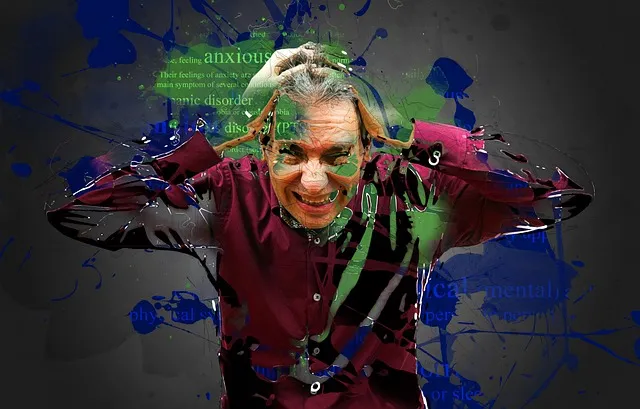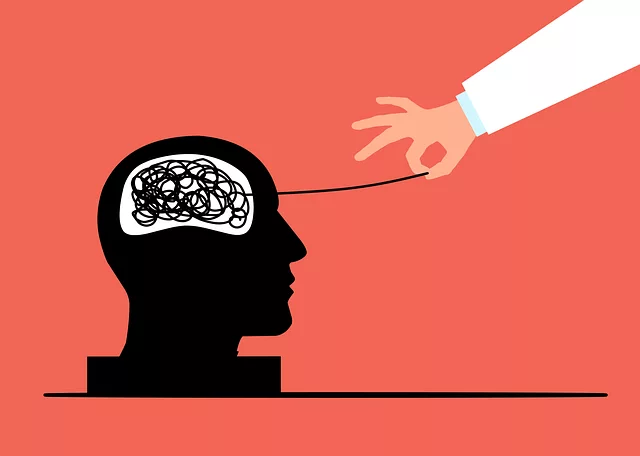In today's diverse healthcare landscape, cultural competency is vital for quality patient care, especially at mental health facilities like Kaiser Permanente in Westminster. The facility has led the way in training, focusing on understanding and respecting varied cultures to create inclusive environments that support emotional healing. Their comprehensive program includes workshops, group sessions, and individual counseling to address specific cultural challenges, enhance communication, and promote resilient self-care practices. This approach not only improves patient outcomes but also fosters a more inclusive mental healthcare system by bridging gaps with hard-to-reach populations through community outreach programs. Success is measured through attitudinal and behavioral changes among providers, driven by continuous improvement workshops focused on emotional intelligence and social skills.
“In today’s diverse healthcare landscape, cultural competency among providers is no longer an option but a necessity. This article explores this critical aspect of modern medical practice, focusing on how organizations like Kaiser Permanente’s mental health facility in Westminster are leading the way. We’ll delve into their training approaches, analyze key components of successful programs, and discuss methods for measuring and enhancing cultural competency continually. By understanding these strategies, healthcare providers can better serve a wide range of patients.”
- Understanding Cultural Competency in Healthcare: A Necessity in Modern Practice
- Kaiser Permanente Westminster: A Mental Health Facility's Approach to Training
- Key Components of Effective Cultural Competency Programs
- Measuring Success and Continuous Improvement in Cultural Competency Training
Understanding Cultural Competency in Healthcare: A Necessity in Modern Practice

In today’s diverse healthcare landscape, understanding cultural competency is no longer an option but a necessity. Kaiser Permanente mental health facilities, such as the one in Westminster, recognize that effective patient care demands sensitivity to cultural differences. Cultural competency involves recognizing and respecting diverse cultural beliefs, values, and practices, especially when addressing sensitive topics like mental health. It’s about creating an environment where patients from various backgrounds feel understood and supported, enabling them to engage openly in their emotional healing processes.
The importance of this training extends beyond individual patient interactions. By enhancing healthcare provider cultural competency, facilities like Kaiser Permanente Westminster can improve overall service delivery. This includes facilitating the coping skills development of patients from different cultures, ensuring that interventions are adapted to meet their unique needs. Ultimately, such initiatives contribute to building stronger, more inclusive communities within the mental health care sector.
Kaiser Permanente Westminster: A Mental Health Facility's Approach to Training

Kaiser Permanente Westminster, a renowned mental health facility within the Kaiser network, has established itself as a leader in cultural competency training. Recognizing the diverse needs of its patient population, the facility has tailored its approach to address specific challenges faced by individuals from various backgrounds and cultures. Their comprehensive program focuses on empowering both staff and patients through enhanced understanding and improved communication.
The training initiative at Kaiser Permanente Westminster goes beyond traditional coping skills development; it emphasizes emotional regulation techniques that are culturally sensitive and tailored to different communities. This includes workshops, group sessions, and individual counseling focused on building resilience, promoting self-care practices, and fostering an inclusive environment. Furthermore, the facility’s Community Outreach Program Implementation has played a pivotal role in connecting with hard-to-reach populations, ensuring that mental health services are accessible and culturally appropriate for all.
Key Components of Effective Cultural Competency Programs

Effective cultural competency programs within healthcare settings, such as the mental health facility at Kaiser Permanente Westminster, encompass several key components. Firstly, they emphasize culture-centered learning, ensuring that training materials and methods are sensitive to diverse cultural backgrounds. This involves incorporating various ethnic, racial, and socioeconomic perspectives into educational content. Secondly, interactive and participatory workshops foster open discussions about cultural biases, stereotypes, and their impact on patient care.
These programs also focus on practical skills development, including mood management techniques that respect and incorporate patients’ cultural expressions of emotion. By teaching healthcare providers how to adapt therapeutic approaches to suit individual needs, these initiatives aim to build confidence boosting strategies and promote the inner strength development required to navigate complex cultural interactions. Additionally, regular evaluation and feedback mechanisms ensure continuous improvement, allowing for the refinement of training curricula based on real-world application and patient outcomes.
Measuring Success and Continuous Improvement in Cultural Competency Training

Measuring success in cultural competency training is a multifaceted process that goes beyond mere knowledge retention. At Kaiser Permanente mental health facilities like Westminster, evaluating the impact of training involves assessing improvements in both attitudinal and behavioral changes among healthcare providers. This includes enhanced Cultural Sensitivity in Mental Healthcare Practice, reflected in more empathetic communication with diverse patient populations.
Continuous improvement is achieved through regular social skills training and emotional intelligence workshops that equip staff with tools to navigate complex cultural interactions. By fostering an environment where learning is ongoing and feedback is encouraged, these programs ensure healthcare providers remain adept at addressing the unique needs of every patient. This holistic approach not only enhances patient outcomes but also contributes to a more inclusive and effective mental health care system.
Cultural competency training is a critical aspect of modern healthcare, as evidenced by initiatives at Kaiser Permanente mental health facilities like Westminster. By focusing on key components such as awareness, knowledge, and skills development, these programs aim to bridge cultural gaps and improve patient outcomes. Measuring success through continuous improvement ensures that healthcare providers are equipped to deliver culturally sensitive care, ultimately enhancing the overall effectiveness and accessibility of services for diverse communities.






